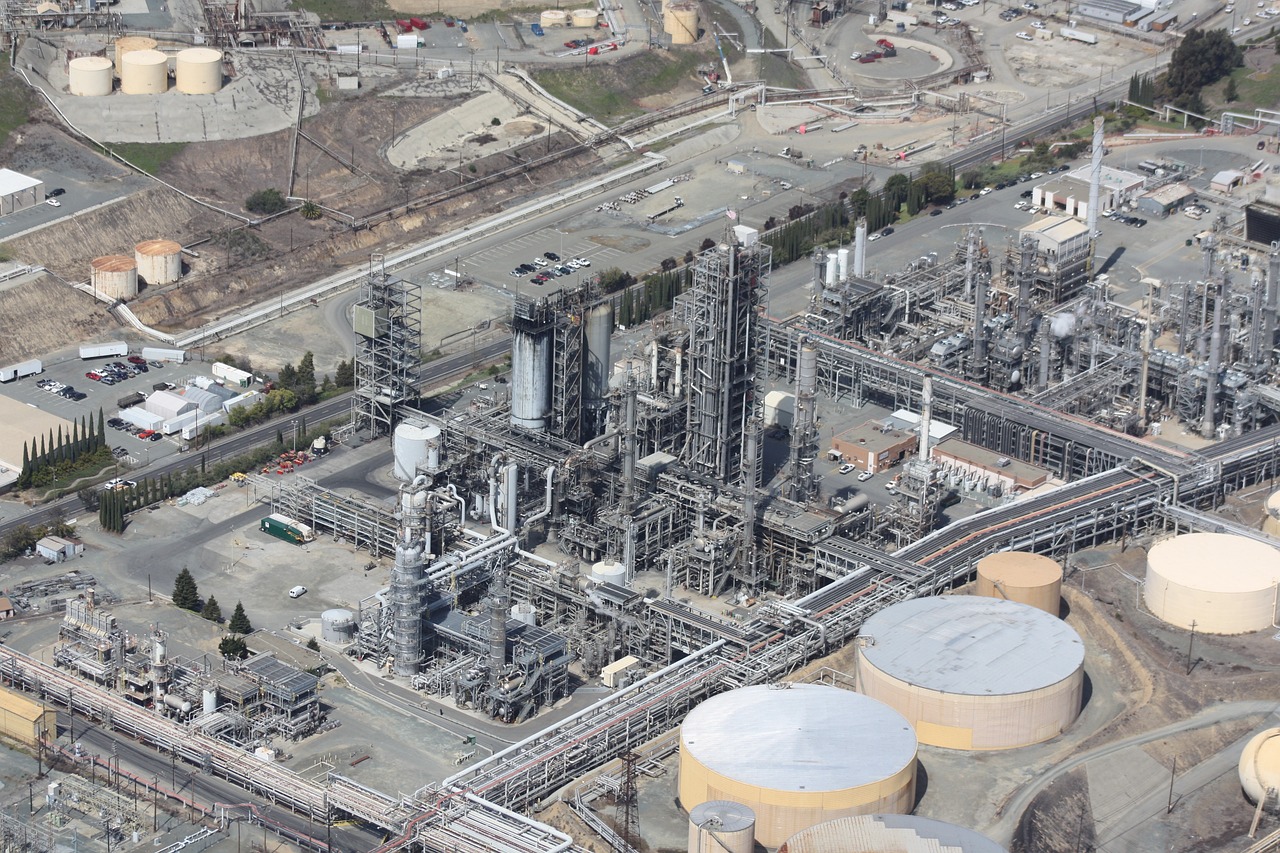
Hungarian energy giant MOL is set to extract lithium from the underground waters of Pusztaföldvár, a village in Békés County. The alkali metal, whose atomic number is three, is crucial for various applications, including battery production, glass manufacturing, and aerospace. MOL’s director of research and production, Archibald Schubert, believes that the water brought to the surface during hydrocarbon extraction will be used for lithium extraction, a circular and environmentally friendly process. The company aims to be greener and more sustainable, focusing on using groundwater already mined for oil production in a gentle, circular way. Lithium is also vital for national strategic purposes, as it is an essential component of future technologies like car or mobile phone batteries.
However, there are uncertainties surrounding lithium extraction in Hungary, such as the volatile price of alkali metal and ongoing measurements. Despite the risks, MOL remains hopeful for domestic lithium extraction, planning to complete the selection of suitable wells in Pusztaföldvár next year and test several R&D technologies. MOL hopes that Hungarian lithium will be commercially available within a few years, despite the costs of test production and expansion. Their long-term plans include producing up to several thousand tonnes of lithium per year, making them a major player in the market. Lithium has two stable isotopes and floats in water.






